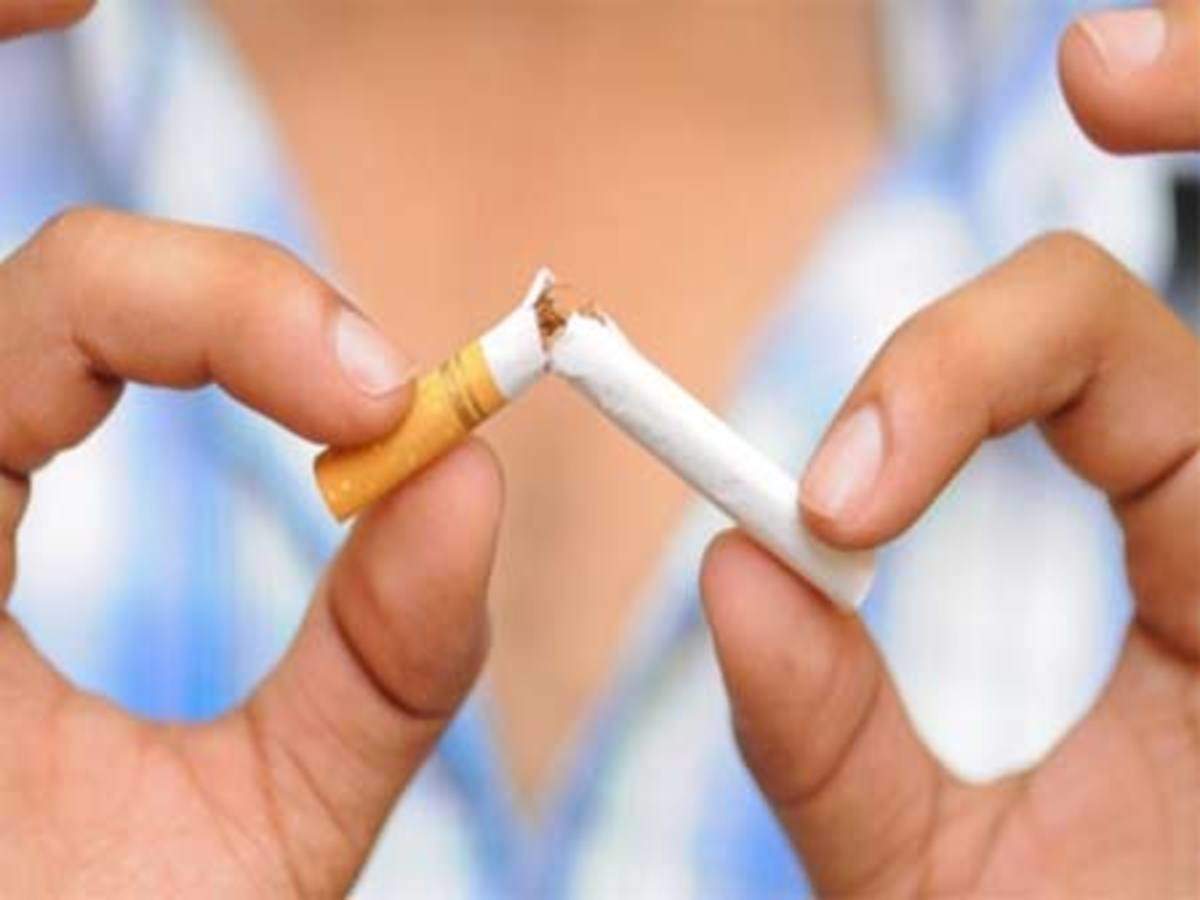Most of us have been confined to our homes for the better part of a year. During that time, we had to find ways to entertain ourselves. While we picked up some pleasant hobbies (like baking sourdough and knitting), many of us fell into some not-so-great patterns as well.
Let’s explore some ways to ditch these bad habits and move back to a healthier mind and body.
How to stop bingeing TV
How many of us have blasted through an entire season of a show in a few days? While this offered some much needed distraction during the pandemic, it may be time to reevaluate our TV habits. To do this, try these tips:
- See how you feel after a binge session. While you might feel great while you’re watching 5 episodes of a TV show, how do you feel after? Also notice how you feel after watching different types of shows. Gravitate towards shows that uplift you rather than leaving you feeling anxious.
- Instead of focusing on limiting your TV watching, focus on the joy of getting to watch it. Make a plan that you’re going to watch 2 episodes of this show, and then you’re going to take a break to move around a little and drink some water.
- If you notice you’re isolating yourself by watching TV, try to find a way to connect with people instead. Host a game night with friends. Or find an online community where you can play music with others. Find something you enjoy doing that connects you with others.
- Sometimes we watch TV as a way to spend time with the people we live with. Try to make an effort to watch shows full of humor or social commentary that can lead to conversations after you’ve watched them.
How to cut back on alcohol
Many people were quick to joke about how much their wine intake increased during the pandemic. While some people were drinking out of boredom, others were drinking to escape the loneliness and isolation they were feeling.
If you’re alarmed by your (or a loved one’s) alcohol usage, consider looking into therapy, support groups, or holistic treatment centers.
If you’re simply looking to cut back on your drinking, check out these tips:
- We often drink because we’re around people who are drinking. Try exploring a new hobby or social group where the focus isn’t on alcohol. Even taking a break for one night to go to a yoga class will help show you how it can be easy to cut back.
- One of the primary reasons we drink is because of anxiety. If you address your anxiety, you’ll naturally feel less inclined to drink. You can do this by:
- Going for a power walk in the evening instead of having that glass of wine
- If it’s bad weather, bouncing on a mini trampoline for a few minutes
- Scheduling time to see a therapist to more deeply explore the core of your anxiety
- We often find ourselves in drinking-centric environments (bars and breweries) because we want to connect with our friends. Instead, try calling a friend who lives far away. You’ll be able to nurture that relationship and fulfill that need for connection without adding alcohol to the mix.
How to stop smoking
In an incredibly stressful time, many people turned to cigarettes and e-cigs to unwind. Now that we’re nearing the end of the pandemic, people are wanting to kick this unhealthy habit.
Try these steps to wean off smoking:
- When you want to smoke — go outside, pull out your cigarette, and set a timer for 5 minutes. For these 5 minutes, you’re not smoking — you’re sitting and consciously breathing. Or you’re just enjoying being outside. After the 5 minutes is up, you decide if you want to smoke or not.
- You can tell if you’re addicted to something, or if you’re doing something out of stress, when you have to do it immediately. If you have to light up as soon as you get outside, notice that. If you can wait and decide that sometimes it’s fine not to smoke, you can move towards smoking less and less often.
- Find something else that comforts you. It’s been said that some people find the warm smoke in their lungs comforting. Find an alternative for this feeling — wrapping up in a warm blanket. Drinking hot tea. Taking a long bath.
The first step to changing our behavior is becoming aware of what we want to change. So, congrats — you’re already there! With a few small changes, you’ll be able to get back to making choices that feel good and are good for you.
Author Bio:
JF Benoist was frustrated with traditional addiction treatment, so he turned the model on its head.
Benoist founded The Exclusive Hawaii, a non 12 step holistic rehab. He created a new therapeutic methodology, Experiential Engagement Therapy (EET). He authored the bestselling self-help book, Addicted to the Monkey Mind.
Benoist’s specialty is teaching people how to quiet that negative voice in their head — and instead develop a powerful new mindset that creates long-lasting change.
